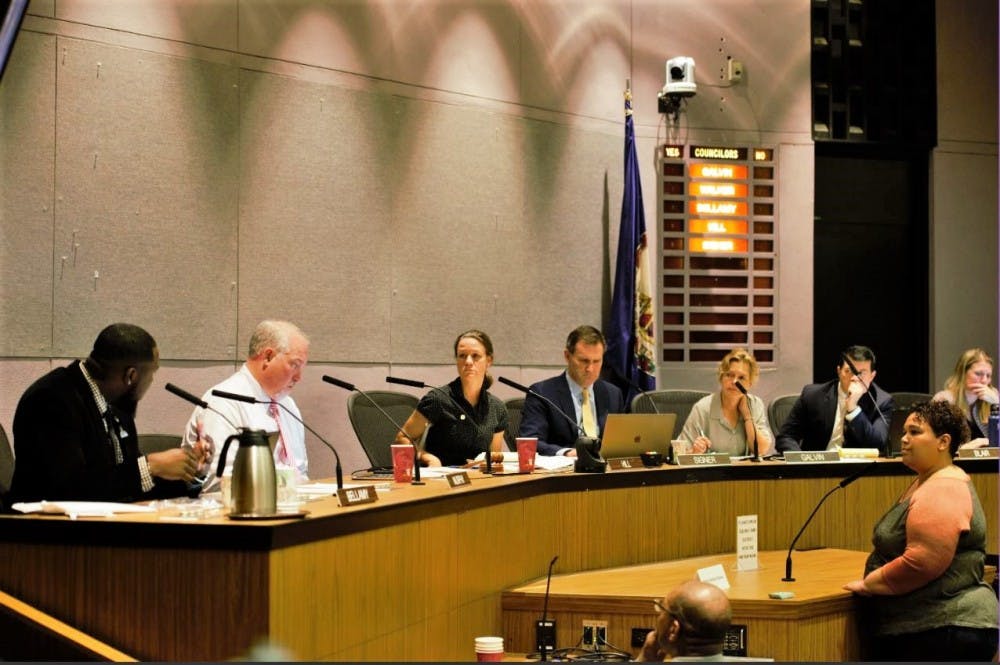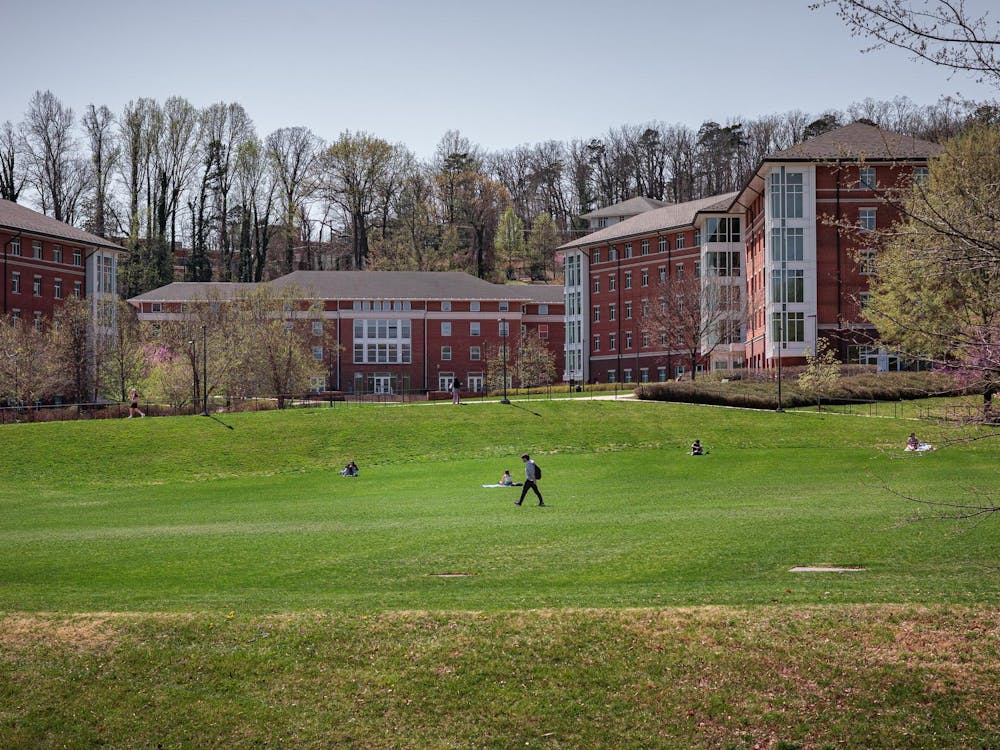Charlottesville residents consistently vote Democrat at the state level and nationally, and those same political leanings are reflected in local policy and elections. Current mayor Nikuyah Walker is the first independent to serve in that position since 1948. Since 1960, every mayor except Walker and two Republicans have been Democrats. The Charlottesville Democratic Party claims that they “opposes all forms of discrimination that promote division, suppress equal opportunity, and deny anyone living in this country the right to equal protection under the law.” Unfortunately, Charlottesville’s black residents consistently face unequal treatment in the public sphere. A recent report conducted by the New York Times and ProPublica details persisting racial divides disadvantaging black students in Charlottesville’s public education system. Additionally, affordable housing also remains a problem in the city, disproportionately affecting its black community.
According to the report, Charlottesville reflects similar trends regarding racial divides in education in other liberal college towns like Evanston, Ill. and Berkeley, Calif. Given the emphasis that liberal and Democratic voters and elected officials alike place on advancing the condition of historically marginalized communities — and the consistent rates at which liberal officials are elected to office in Charlottesville and other similar cities — the persistence of racial inequities in a community like Charlottesville may be surprising. However, it reveals inconsistencies with liberal rhetoric advocating for marginalized communities.
In an interview with The Guardian, Mayor Walker explained how she focused her candidacy on “unmasking the illusion” that Charlottesville’s Democrats have had success in combating systemic racism and inequality. She argued that “It’s very easy for people to blame [the white nationalist] Richard Spencer and Jason Kessler [the organizer of last year’s white supremacist rally], but they haven’t been in charge here.” While agitators like Spencer and Kessler did play a significant role in exacerbating racial divisions, Walker is correct in pointing out that Charlottesville’s problems predate the “Unite the Right” rally, and persist over a year after it happened.
Over the past several years, Charlottesville’s Democratic elected officials have shown a greater interest in supporting divisive agendas that reflect goals of the national liberal movement over advancing the condition of its disadvantaged communities locally. Instead of introducing reforms to its education system or addressing any other of the city’s challenges, former mayor Mike Signer wanted to make Charlottesville a sanctuary city. Instead of working towards programs that foster economic opportunity for disinvested communities, City Council voted to remove the statue of Robert E. Lee in Emancipation Park — despite Virginia law preventing them from doing so.
City Council’s actions are indicative of greater trends afflicting liberal ideology. Here in Charlottesville and across the country, Democratic officials have shown a greater interest in scoring cheap wins over advocating for and implementing policy that advance freedom and equality, especially in regards to the debate concerning the removal of Confederate statues in Charlottesville. Instead, City Council should use its authority to affect real change.
In a previous column, I called on City Council to focus on issues on which they have a direct impact and the responsibility to address. Given the recent revelation of systemic issues plaguing the Charlottesville public education system, local leadership must include improving the city’s schools in their areas of focus. The achievement gap between white and black students have enlarged over the past decade, indicating that current practices are failing to serve all students effectively.
Local leaders must examine the city’s current approach towards public education and other issues. Changes local leadership could implement include more effective student advising — one issue that a Charlottesville student interviewed in the report mentioned specifically. More importantly, exploring ways in which the city can address the achievement gap between white and black students that divides them — even when other factors like socioeconomic status are equal — should guide future policy changes. Charlottesville residents must demand their local institutions and leaders focus on these issues over embedding the city in national debates that do little to improve the lives of those who live here.
Charlottesville residents must demand that their elected officials work towards policy that has real positive impacts on the community. Creating an economic climate that empowers individuals and addressing issues in the public education system among other issues represent opportunities for the city to improve itself and the lives of its residents. Charlottesville is currently is great place to live if you are rich, white and liberal — we must make Charlottesville a great place to live for everyone.
Thomas Ferguson is an Opinion Columnist for The Cavalier Daily. He can be reached at t.ferguson@cavalierdaily.com.







